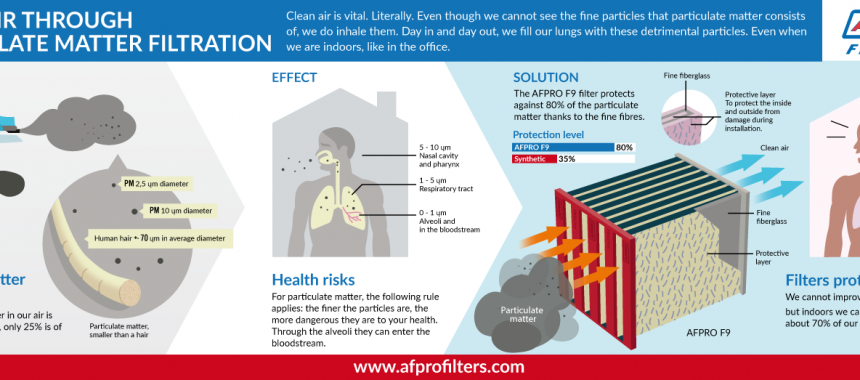The Future Of Home Heating - Just How Heatpump Technology Is Evolving
The Future Of Home Heating - Just How Heatpump Technology Is Evolving
Blog Article
Web Content Develop By-Dawson Dominguez
Heatpump will certainly be a crucial technology for decarbonising heating. In a situation regular with governments' introduced power and environment dedications, their international capacity doubles by 2030, while their share in heating rises to one-quarter.
They work best in well-insulated homes and count on electricity, which can be provided from an eco-friendly power grid. Technical innovations are making them a lot more efficient, smarter and more affordable.
Fuel Cells
Heat pumps make use of a compressor, refrigerant, coils and fans to relocate the air and warm in homes and home appliances. They can be powered by solar energy or electricity from the grid. They have been obtaining popularity because of their low cost, peaceful procedure and the capability to create power during peak power need.
Some business, like IdaTech and BG MicroGen, are dealing with fuel cells for home heating. These microgenerators can replace a gas central heating boiler and create several of a residence's electrical needs with a link to the electricity grid for the rest.
However there are factors to be skeptical of using hydrogen for home heating, Rosenow claims. It would be costly and inefficient contrasted to various other modern technologies, and it would certainly add to carbon discharges.
https://www.mccourier.com/hvac-maintenance-service-market-manufacturers-regions-type-and-application-forecast-2021-2027-carrier-corporation-toshiba-mitsubishi-group-johnson-controls/ and Connected Technologies
Smart home technology permits home owners to link and manage their devices from another location with using smartphone applications. For example, wise thermostats can learn your home heating choices and immediately adjust to optimize energy consumption. Smart lighting systems can be controlled with voice commands and instantly shut off lights when you leave the area, minimizing power waste. And wise plugs can keep an eye on and handle your electrical use, enabling you to identify and restrict energy-hungry home appliances.
The tech-savvy family depicted in Carina's meeting is an excellent illustration of exactly how passengers reconfigure space heating practices in the light of new smart home modern technologies. They count on the devices' computerized features to execute day-to-day adjustments and concern them as a practical methods of conducting their heating practices. Therefore, they see no reason to adapt their practices better in order to enable flexibility in their home energy need, and interventions aiming at doing so may encounter resistance from these families.
Electrical power
Because heating up homes make up 13% of US discharges, a switch to cleaner choices might make a big distinction. But the innovation encounters challenges: It's costly and needs substantial home improvements. And it's not constantly compatible with renewable resource sources, such as solar and wind.
Up until just recently, electrical heat pumps were as well pricey to take on gas versions in a lot of markets. Yet new developments in style and products are making them a lot more inexpensive. And much better cool climate efficiency is allowing them to function well even in subzero temperature levels.
The following step in decarbonising heating may be the use of heat networks, which draw heat from a central resource, such as a close-by river or sea inlet, and disperse it to a network of homes or buildings. That would certainly decrease carbon discharges and permit homes to take advantage of renewable energy, such as eco-friendly electrical energy from a grid provided by renewables. This choice would be less expensive than changing to hydrogen, a nonrenewable fuel source that needs new infrastructure and would just lower CO2 emissions by 5 percent if coupled with improved home insulation.
Renewable Energy
As electrical energy prices go down, we're beginning to see the same fad in home heating that has actually driven electric autos right into the mainstream-- yet at an even quicker speed. The strong environment instance for electrifying homes has been pushed additionally by brand-new research study.
Renewables represent a significant share of modern-day heat intake, however have been offered minimal plan attention worldwide compared to other end-use industries-- and even less focus than power has. In part, this shows a mix of consumer inertia, split rewards and, in lots of nations, subsidies for fossil fuels.
New modern technologies can make the change much easier. For instance, heatpump can be made extra power effective by changing old R-22 cooling agents with new ones that don't have the high GWPs of their predecessors. Some experts also imagine area systems that draw warmth from a nearby river or sea inlet, like a Norwegian fjord. The warm water can then be used for heating and cooling in a community.